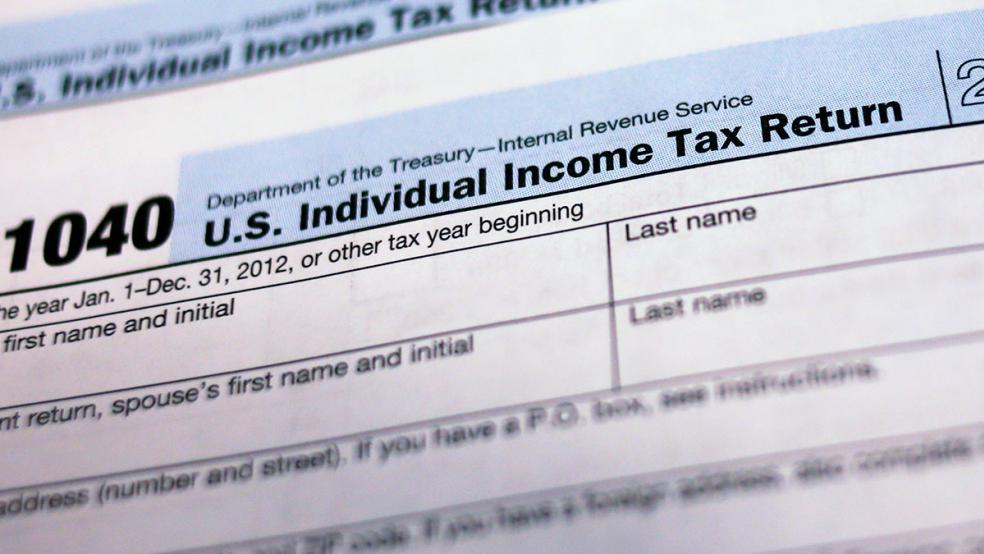The backlog of unprocessed tax returns at the IRS has grown to more than 21 million, according to a report from the national taxpayer advocate Erin M. Collins Wednesday. As a result, millions of Americans are still waiting for their tax refunds as the pile of unprocessed returns continues to grow.
“Today, the IRS is still working to resolve an unprecedented backlog of unprocessed paper tax returns and returns with suspected errors or suspected identity theft,” Collins wrote. “[T]axpayers are still experiencing unprecedented delays in receiving their refunds; taxpayers continue to face unprecedented challenges in reaching the IRS by phone; and the IRS’s unprecedented delays in processing correspondence are contributing to additional refund delays and taxpayer frustrations.”
In detailed comments, Collins said the Biden administration failed to use relief funding quickly and effectively to address a serious problem that was exacerbated by the pandemic:
The IRS’s paper processing delays were evident more than a year ago, and the IRS could have addressed them more aggressively at that time. Had the IRS taken steps a year ago to reassign current employees to processing functions, it could have reduced the inventory backlog carried into this filing season and accelerated the payment of refunds to millions of taxpayers. Had the IRS implemented 2-D barcoding, optical character recognition, or similar technology in time for the 2022 filing season, it could have reduced the need for employees to engage in the highly manual task of transcribing paper tax returns. Had the IRS quickly used some of the $1.5 billion of additional funds provided by the American Rescue Plan Act of 2021 (ARPA), which was enacted 15 months ago, to hire and train additional employees, it could have worked through the backlog, answered more taxpayer telephone calls, and otherwise improved taxpayer service. These were missed opportunities.
Collins also said the IRS is committed to reducing the backlog to a “healthy” level by the end of the year, though she warned that it could be “a difficult commitment to achieve.”



